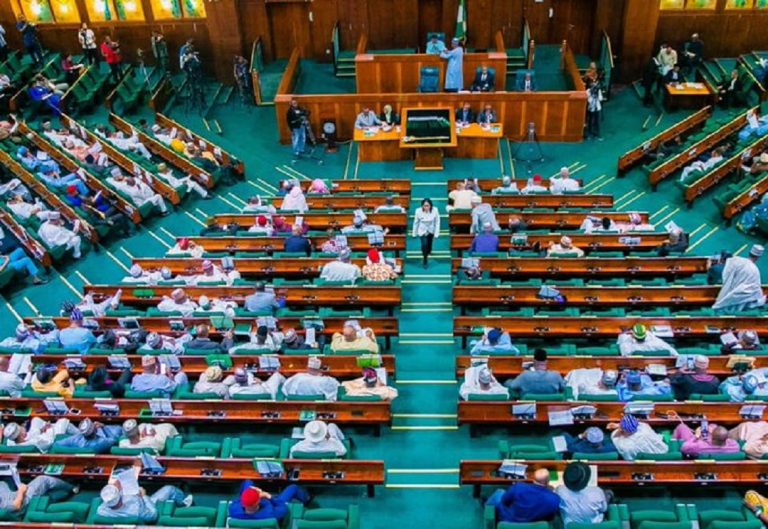
The Nigerian House of Representatives has advanced a bill that seeks to make voting compulsory for eligible citizens, sparking debate and criticism across the country.
The proposed legislation, which passed its second reading on Wednesday, May 15, 2025, introduces stiff penalties, including a fine of up to N100,000 or a six-month jail term for any eligible Nigerian who fails to vote in an election.
Sponsored by the Speaker of the House, Hon. Tajudeen Abbas, alongside Hon. Daniel Ago, the bill is framed as an amendment to the 2022 Electoral Act. According to its proponents, the measure is intended to address Nigeria’s persistent problem of voter apathy and low turnout during elections, and to “deepen civic responsibility.”
Register for Tekedia Mini-MBA edition 19 (Feb 9 – May 2, 2026).
Register for Tekedia AI in Business Masterclass.
Join Tekedia Capital Syndicate and co-invest in great global startups.
Register for Tekedia AI Lab.
Deputy Speaker Benjamin Kalu, while supporting the bill, said, “Compulsory voting is a norm in several democracies such as Australia. We need to ensure that citizens understand that rights come with responsibilities.” He added that the move would strengthen the credibility of elected governments by increasing participation.
A Law in the Wrong Political Climate
However, the bill has provoked a backlash, largely because of the enduring flaws in Nigeria’s political system — a system many believe is plagued by corruption, electoral manipulation, and judicial interference.
By this bill, it is believed that the government is attempting to coerce civic participation in a deeply flawed electoral environment where, for many Nigerians, votes appear to have little or no consequence.
In Nigeria, elections are routinely followed by allegations of ballot stuffing, result manipulation, and voter intimidation. The 2023 general elections presented a glaring example. After months of legal battles, the Supreme Court ended up deciding the outcomes of several gubernatorial, senatorial, and House of Representatives races, as well as the highly contested presidential election.
The presidential tribunal, and later the Supreme Court, ruled in favor of President Bola Tinubu, despite opposition parties contesting the integrity of the electoral process and the credibility of the results announced by the Independent National Electoral Commission (INEC).
Analysts say that in such a context, criminalizing non-participation is a misplaced priority.
Public Reaction and Backlash
Outside the chambers of the National Assembly, the bill has met even stiffer resistance. Former senator and human rights activist Shehu Sani dismissed the proposal entirely.
“The Bill to jail Nigerians who refused to vote is unnecessary,” he said.
Sani’s criticism underscores the broader national disillusionment with electoral institutions, especially INEC, which has struggled to shake off perceptions of partisanship and inefficiency. The electoral commission faced widespread criticism over the handling of the 2023 elections, especially for failing to transmit results electronically in real-time — a promise that had been central to its credibility push.
Against this backdrop, many believe that what the lawmakers need to focus on is making the votes count.
“If we fix the system, the government don’t have to make the voting mandatory,” Anas Abdullahi Dukamaje said.
Civil society groups have also voiced opposition against the bill, with a threat to sue if the bill becomes a law.
“Following reports today that a repressive bill seeking to jail or fine eligible Nigerians who fail to vote has scaled second reading, we’re again calling on Mr Akpabio and Mr Abbas to immediately withdraw the bill. We’ll see in court if the bill is ever passed into law, the Social-Economic & Accountability Project (SERAP) warned.
Where the Bill Goes from Here
Despite the heavy criticism, the bill has now been referred to the House Committee on Electoral Matters for further legislative work. Its fate remains uncertain, especially as public pressure mounts against its progression. If passed, it will still require the concurrence of the Senate and the President’s assent to become law.
However, the controversy surrounding the bill has exposed a deeper crisis — the widening chasm between Nigeria’s political class and its electorate. While lawmakers push for mandatory participation, citizens are demanding an electoral system that guarantees transparency, accountability, and true representation.



